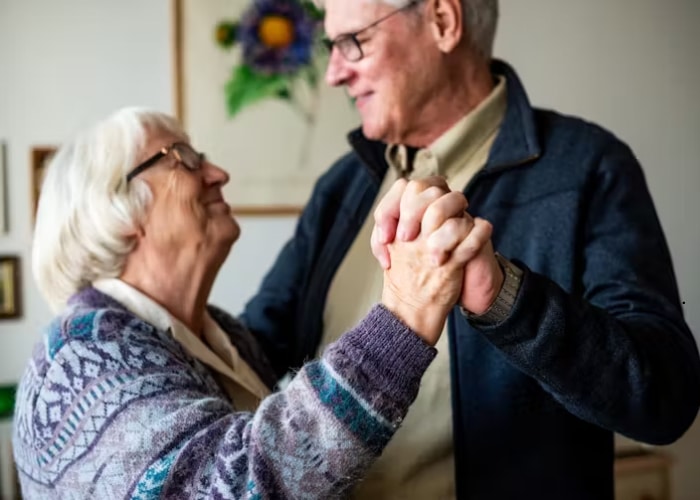Ageing is a natural process that everyone experiences, but frailty is not inevitable. While getting older leads to gradual physical and mental changes, it does not mean a person will automatically become frail. The key difference lies in how well the body maintains strength, resilience, and function over time.
Ageing occurs as the body accumulates cellular and molecular damage, leading to a decline in physical ability and an increased risk of disease. Despite advancements in health and wellness, no lifestyle change can completely stop the ageing process. However, while ageing is unavoidable, frailty can often be prevented or even reversed.
Frailty is a condition that makes the body more vulnerable to stressors such as illness, injury, or hospitalisation. It is often marked by weakness, slow movement, fatigue, and an increased risk of falls. While frailty is more common in older adults, younger people with chronic illnesses can also develop it. Unlike ageing, which happens to everyone, frailty is influenced by lifestyle factors and overall health.
One of the most effective ways to reduce frailty is through regular physical activity. Strength training, balance exercises, and general movement help maintain muscle mass and mobility, reducing the likelihood of weakness and falls. Social engagement also plays a crucial role in preventing frailty, as isolation and loneliness can contribute to physical and cognitive decline. Additionally, monitoring medications is essential, as taking multiple prescriptions can sometimes interfere with how the body functions. A well-balanced diet rich in protein and essential nutrients also supports muscle strength and overall health, helping to delay or prevent frailty.
While ageing is a part of life, frailty does not have to be. Small, proactive steps in physical activity, social interaction, medication management, and nutrition can help individuals maintain their independence and quality of life as they age.
For a more in-depth look at ageing and frailty, read the original article here.
The source article was written by Julee McDonagh, Senior Research Fellow of Frailty Research, and Caleb Ferguson, Professor of Nursing and Director of Health Innovations at the University of Wollongong.
